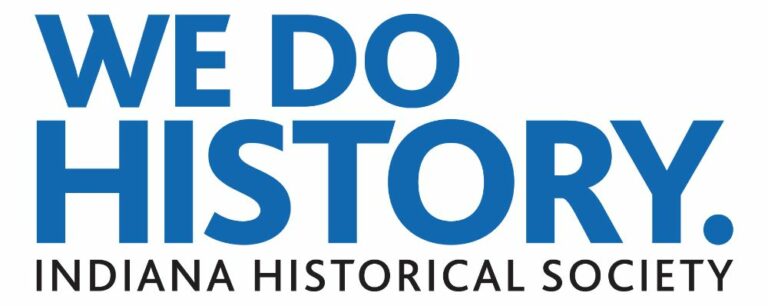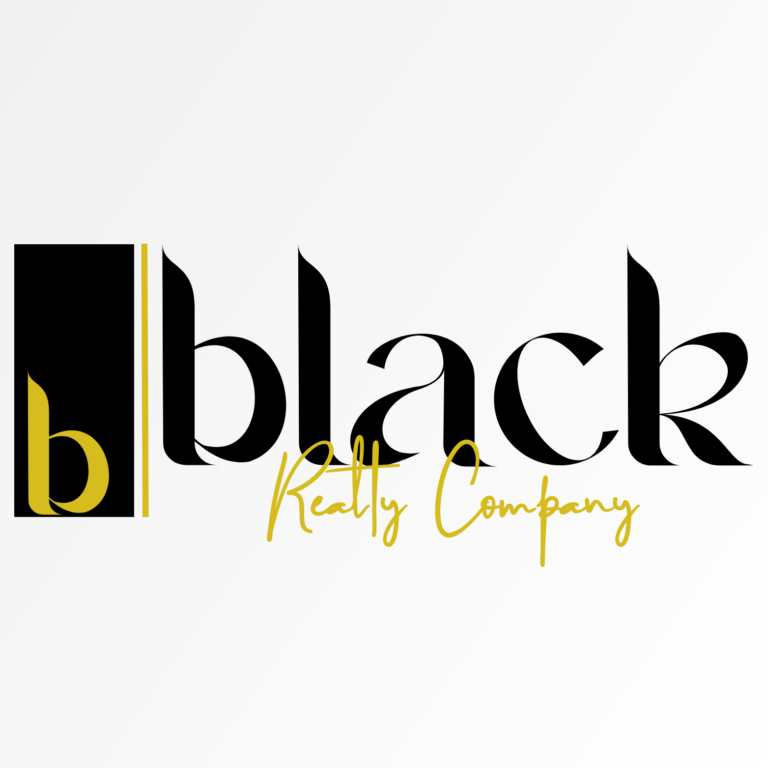DYC, which stands for Disturb Your Comfort, Fitness was founded in 2017 as an online training company between two friends: Joshua Hibbitt and Jeremy Stephens.
When DYC Fitness began, the duo focused on health and nutrition by creating weight loss and fitness plans for clients. They would also sell athletic gear.
In 2021 they opened a brick-and-mortar location at 1703 E. Michigan St.
RELATED: Minority Business Highlight: Maven Space
“We met freshman year [of] high school at Lawrence Central. We’re locals here in Indianapolis. We both played sports our whole lives. Josh did track at Tennessee State University, and I went on to play football at Butler University,” said Stephens.
After leaving Butler, Stephens gained 300 pounds. He eventually lost weight by working out and training.
“I was able to apply the fundamentals of getting fit because I knew it, but I didn’t always apply it. That’s what disturbing your fitness is all about: get out of your comfort zone and being disciplined in your fitness journey,” said Hibbitt.
DYC Fitness recently opened a second location, at 1480 W. 86th St., offering workout equipment for trainers and clients to utilize for their fitness journey.
They currently have approximately 70 clients and six trainers.
DYC Fitness hopes to eventually expand further across the state and beyond.
This minority business highlight was composed by Jade Jackson at the Indianapolis Recorder, who can be reached at (317) 762-7853 or via email at JadeJ@IndyRecorder.com.
If you would like your business highlighted in the Indianapolis Minority Business Magazine, click here!












